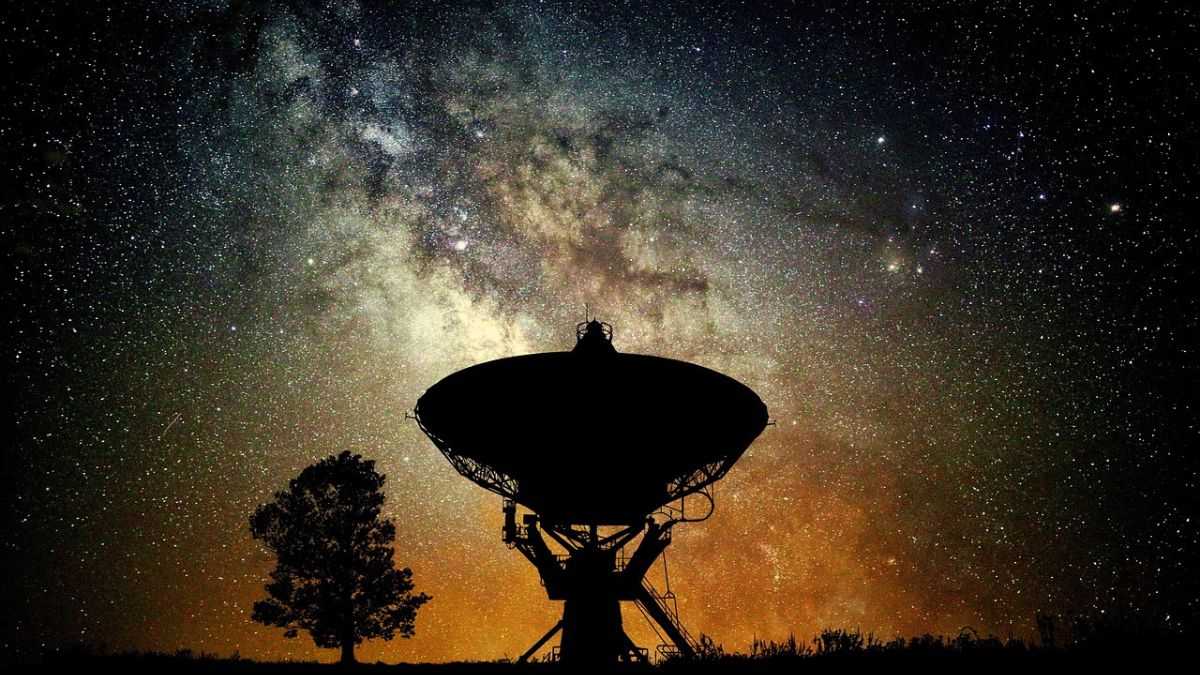Science
China Conquers Space: First an Asteroid, Then a Distant Comet
15 July 2025

It is easy to fall into the trap of thinking “things were better in the past.” However, we must remember that such an approach carries a significant risk of making us unhappy. Even when we focus on using memories of past years as a means for deeper self-reflection, we might discover that over time, we have lost much of our humanity. We have traded a simple life for one that is faster, more efficient, and more convenient.
It can still be argued that millennials rule the world. They possess extensive life experience and keep up with rapidly evolving technology. Hence, they are utilizing their full potential, coming closer to self-actualization than any previous generation. They experience prosperity, a fruit of flourishing capitalism despite temporary crises. Yet, the memory of a cassette tape often evokes in them something more than just nostalgia for their childhood years.
The primacy of the United States is not limited to military and economic domination. In the 1990s, there was a rapid export of what is called pop culture worldwide. Western Europe had been under its influence for quite some time. The fall of the Iron Curtain further expanded the audience for the American lifestyle. The opening of the first McDonald’s restaurants, including those in Poland, was followed by local media, and crowds gathered to taste a Big Mac, a symbol of the unified capitalist world. The music tastes of potential audiences were shaped on an unprecedented scale. Opinion-forming music media, such as MTV, created superstars of the stage. New musical genres like grunge, hip-hop, and pop dominated charts worldwide.
The rapid development of advertising and mass media meant that globalization unified Western society in terms of food, clothing, and interests. Pop culture was one of the factors shaping today’s thirty-somethings. As children and teenagers, they looked up to their idols for patterns, a response to the authority crisis resulting from rapid social changes. Today, one can nostalgically recall the comfort provided by song lyrics that spoke of important matters. Their authors seemed to feel exactly what their audience experienced.
We recommend: Mental Slavery: Who Shapes European Culture?
Many of us surely remember at least one music album we listened to dozens, even scores of times. Or perhaps a movie we waited months to finally rent from a video store. The problem known as the “Friday night nightmare” probably did not exist back then. Everything is ready – snacks, a comfortable couch, children sound asleep. The only thing left to do is… to pick a movie. The multitude of VOD services and countless premieres, access to thousands of global productions, often leads to a peculiar sense of indecision, as scrolling through the list of options seems endless. It is as if nothing can satisfy our need to discover something new, something surprising.
We recommend: What Can Humans Learn from Animals? How a Dog Changed My Life
The anticipation for the release of a new album by a favorite artist used to be counted down to the day. The release date was well-known. Those who could afford it bought tapes or CDs; others relied on a friend with a good tape recorder and… quick legs, to record the long-awaited hit from the radio as soon as it played. What was popular was passed from hand to hand. Not only beloved cassettes were exchanged, but relationships were built in the process. It was possible to keep up with and discuss new releases. The volume of new content was not as overwhelming as it is today. Now, with every film and song in the world in our pockets, we easily fall into a sense of overload and disorientation. The excess leads to boredom and longing expressed in the question: is it our age, or the times, that prevent us from enjoying things as much as we used to?
It is good that we are more flexible today. It is convenient and saves time and energy. But along the way, has our word lost its meaning? The situation where we parted ways after school and made plans to spend time together was a daily occurrence. There was always a designated meeting place and time. If someone promised to be there, they did everything to make it happen.
Even if the desire faded, the given word was motivating. Now, it is easy to write “I can’t make it” or “I’ll be an hour late.” Does this mean we take our commitments less seriously today? Perhaps we have less empathy, partly because we rarely need to put ourselves in someone else’s shoes, as the availability of smartphones frees us from the obligation to not let down those to whom we have given our word.
Gangs with sticks, football teams, hide and seek, hanging out on monkey bars. Everywhere there were kids, conversations, and laughter; sometimes things got a bit more serious because of a fight. Caution was necessary during a match, as running on clumps of grass instead of a perfectly flat “Orlik” football ground could end with a sprained ankle and getting stuck at home. Being unable to go outside was a real drama, something no one wanted to experience. Outdoor gatherings were invaluable then.

Today, we cannot understand our children who spend all their time in front of monitors or with screens in their hands. Playgrounds in housing estates or village streets are often completely empty. It is difficult to create social bonds without contact with peers. Ironically, today we can virtually meet people from every corner of the globe, but we do not know our nearest neighbor. Without real meetings, it is also harder to build relationships. There is a lack of experiencing another person, forming bonds, and physical contact. A flat camera image, short text messages, or even hundreds of photos are just a pale imitation of a real meeting, shared experiences, breathing the same fresh air.
We cannot moralize anyone; we are not in the place of today’s children. They build part of their identity and personality based on a world that exists in virtual space. If they give up the internet, they lose part of themselves. However, we can introduce a balance. Let us help them believe that a smartphone or computer cannot replace social bonds. Allow them to experience the real closeness of another person. Let us raise them with respect for what they have and a sense of gratitude towards the kind reality that creates conditions for a comfortable life. But to do this, let us find that kid from the playground within ourselves. Without a cell phone, Netflix, and airpods. The one who knows that when they feel lonely, they can always go outside. There will always be someone waiting for them there.
We recommend: Raelian Movement: Scientists from Space
Translation: Klaudia Tarasiewicz


Science
13 July 2025

Zmień tryb na ciemny